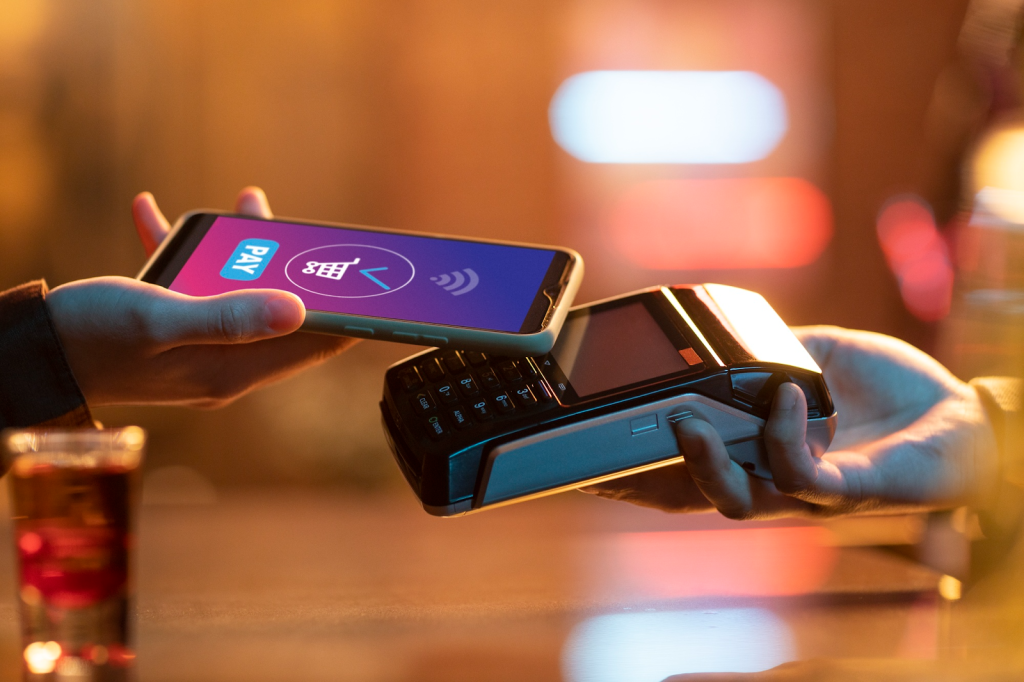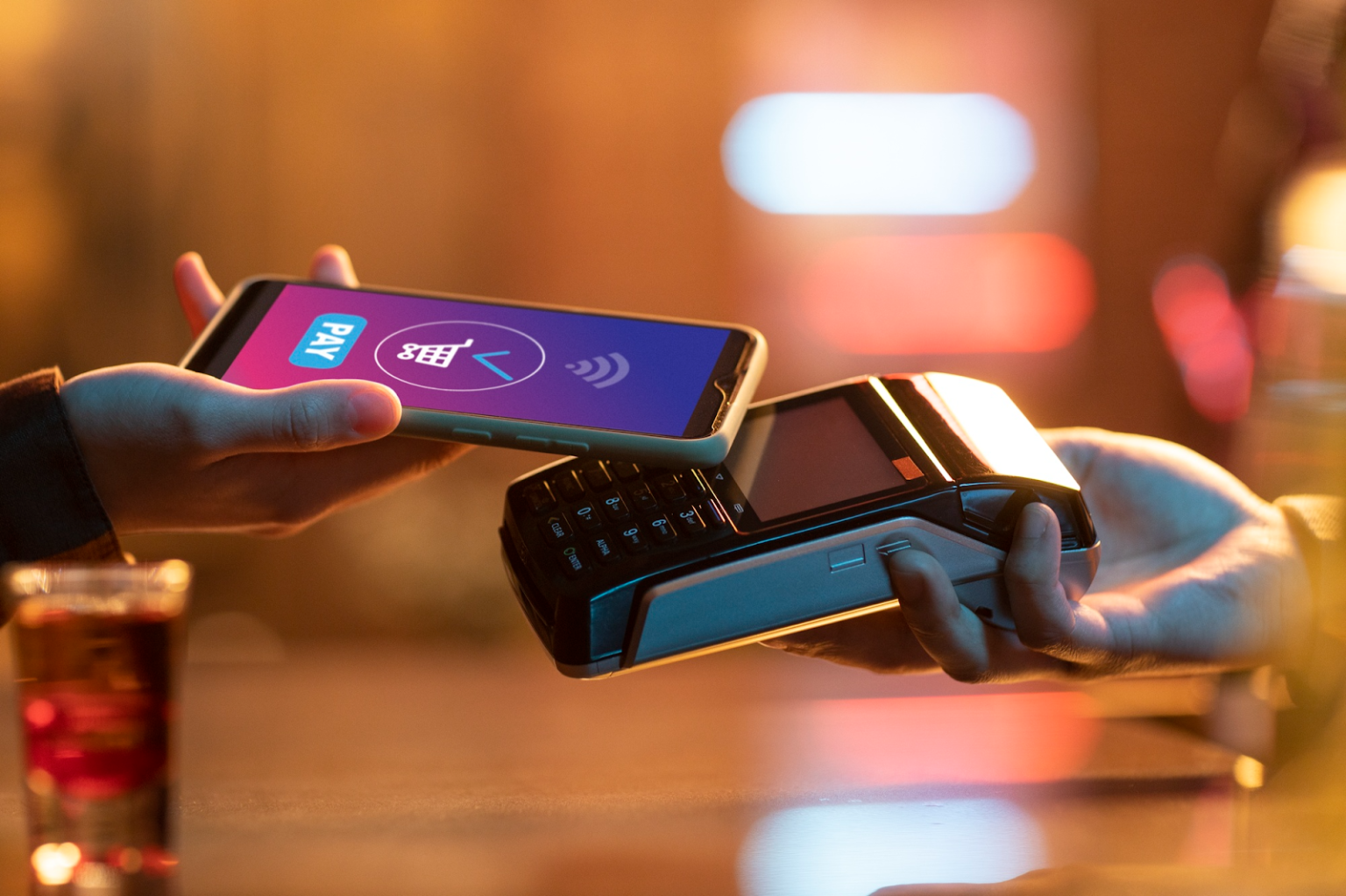When you go to a crowded café in Cairo or a gaming lounge in Riyadh, you are likely to see people swiping their fingers. No bills or coins are needed. Everything can be done with a swipe. Payment methods are drastically changing alongside the global decrease in cash and increase in expenditure. While the Arab world has tended to prefer cash for payments, the region is shifting toward modern digital payments. This transformation is driven by metropolitan tech-savvy youths and gamblers. The growing preference no longer seeks ease and speed but wants to feel aligned with the rapidly evolving technology world. Going cashless is no longer an option; for modernists wishing to keep pace with change, it’s the new standard.
Understanding the Current Payment Landscape
Despite the rapid growth of cashless payment options, cash is still the favored payment method among older people and stall vendors in markets across Arab countries. Paper money brings a sense of familiarity and trust, but the world is changing. It is common to see taxi drivers in places like Amman and Casablanca refusing to accept mobile payments. However, as digital payments become more common, many are turning to betting sites — Turkish “bet bahis siteleri” — which offer secure and quick ways to handle transactions for bettors and online gaming enthusiasts.
While the region registers unprecedented levels of mobile penetration, governments are attempting to encourage the public to adopt digital methods. In the Gulf, where the banking framework is well established, digital payments are widely adopted. However, regions in North Africa and parts of the Levant do not have the same comprehensive coverage. And so, we have a disconnected region that is a mix of an analog set of practices and parts primed for digital innovation.

Why Make the Switch to Cashless?
Continuing to transact in cash may feel comfortable, but there are undeniable benefits to going digital. Gaming and betting enthusiasts will be better served as security, speed, and convenience become paramount.
Here’s why going cashless works:
- Streamlined Transactions: Cutting down on time spent searching for the correct change, cashless transactions can make life easier during bets and snack purchases, all while placing bets or buying a snack during halftime.
- Enhanced Tracking: Automated records eliminate the need to estimate wins, losses, and spending.
- Security Value: Reduced cash on hand decreases the risk of theft.
- Promotional Deals: Many e-wallets or digital banks shower first-time users with bonuses, so frequent transactions often result in cash back.
The perks of going cashless extend beyond technology; we can now enjoy smarter, safer, and more rewarding processing.
Available Cashless Tools in the Arab World
The term cashless does not apply in all scenarios. Depending on where you are in the Arab world, it may have a different meaning. For example, in the Gulf region, it means ultra-sleek fintech apps with biometric logins and cashback benefits. In some areas in North Africa, it relies more on hybrid systems bridging banked and unbanked people, with SMS transfers. What brings them all together? Trust is growing along with ease and at a fast pace. Be it a Doha shawarma bill or a betting wallet before a Champions League match, digital options are available and multiplying. MelBet Instagram Türkiye has become a popular platform, offering seamless transactions for both betting and daily payments. What is catching on fastest today? What works best on the ground? These questions need to be looked at further.
Mobile Wallets and Banking Apps
Mobile wallets have become so common in places like restaurants that people do not bat an eye when they see someone with their head down, scrolling on their smartphone. Fairy Egypt, BenefitPay Bahrain, and STC Pay Saudi Arabia are no longer niche tools. In fact, they are being used on a day-to-day basis. Dynamic billing and effortless funds transfer ensure no queues are needed. Paperwork is a thing of the past, and hassle is nonexistent.
Banking apps are on fire. Their scope goes beyond checking balances; with full-service dashboards, you can store digital cards, perform instant transfers, or even access in-app support. Some applications even partner with sportsbooks or gaming apps to enable smoother deposits and withdrawals. This is a fintech arms race that’s starting to benefit the average bettor, and the more seamless it gets, the more users are leaning into it.
Contactless Cards and QR Code Payments
Contactless cards and QR codes provide quick and easy options for automating the payment process. For those players who do not want to spend time logging into different applications, tapping or scanning prints enhances their gaming experience.
What’s gaining traction quickly includes:
- Widely accepted Visa and Mastercard tap-to-pay cards: Issued by local banks and accepted at shops, cafes, and kiosks.
- NAFATH and Mada Pay QR code systems: Gaining recognition in Saudi Arabia and UAE, used in retail, gaming lounges, and more.
- Wallet integrations: Scanning your phone to pay with no app opens and gaining recognition.
- Smart NFC-equipped watches: These are increasingly used in urban hubs like Dubai and Doha for lightning-fast payments, helping mitigate payment queues.
These are not futuristic novelties; they are the new ordinary. Whether purchasing chips at a casino or settling a payment after a bet in a street game, frictionless is finally tangible.
Overcoming Barriers to Adoption
Implementing cashless payments in the Arab world is less trivial than snapping your fingers. The technology exists, but the public is not fully onboard. In many regions, there is a strong cultural attachment to cash; furthermore, the digital financial infrastructure is not fully trusted, which creates an obstacle that requires significant effort. Coupled with limited internet access and the generational divide, older segments tend to be more comfortable with cash than credit cards or mobile applications.
| Barrier | Impact | Solution |
| Technological trust | Fear of fraud and data misuse | Strengthening encryption and security |
| Digital literacy | Older generations and rural areas lag | Education campaigns and tech training |
| Access to devices | Not everyone can afford smartphones | Partnerships to provide affordable tech |
| Cash dependency | Cultural attachment to cash | Incentivizing digital transitions. However, this |
Its dynamic is beginning to shift. Fintech companies, younger members of society, and even governments are positively changing things. Currently, the gap between smartphone owners and non-owners is bridged, smartphone users are using SMS payment systems and hybrid methods, which are ushering new users into the digital payments ecosystem. Systems that are still being optimized are fundamentally improving the efficiency of distancing us from cash-based systems.
Government Support and Regulation
There is an Arab awakening towards the possibilities of a cashless society. The push for smart cities in the UAE, alongside Saudi Arabia’s Vision 2030, marks a shift towards less
cash dependency and more digital transactions. With government-funded secure future payment systems, these nations and mobile wallet encouragement programs for citizens are already leading the charge. Even slower, shift nations like Egypt and Morocco are beginning to see the light.
Policies to provide security and guarantee access to digital payments are underway. Governments ensuring the availability of electronic payment acceptance by businesses alongside central banks controlling digital wallets are being put into action. Harmonizing policies with innovation turns cashless payments into reality, rather than mere hopes.
The Future of Cashless in the Region
The entire Arab region is transforming into a cashless society in front of our eyes. The government is actively working toward it through digital transformation initiatives and growth in innovation technology, thus fueling the shift toward a cashless society. While the cultural gap and some technological setbacks create challenges, every obstacle we overcome brings us closer to an efficient, accessible tomorrow.
If things proceed this way, cash will be an antique in a few years while the region shifts toward prioritizing digital payment systems. Whether in an urban or rural area, the speed of conducting transactions will improve worldwide. The Mobile Wallet movement is currently on the rise, and digital payments are becoming increasingly popular, so with all these factors, the Arab region is bound to join the global movement toward a cashless society.


